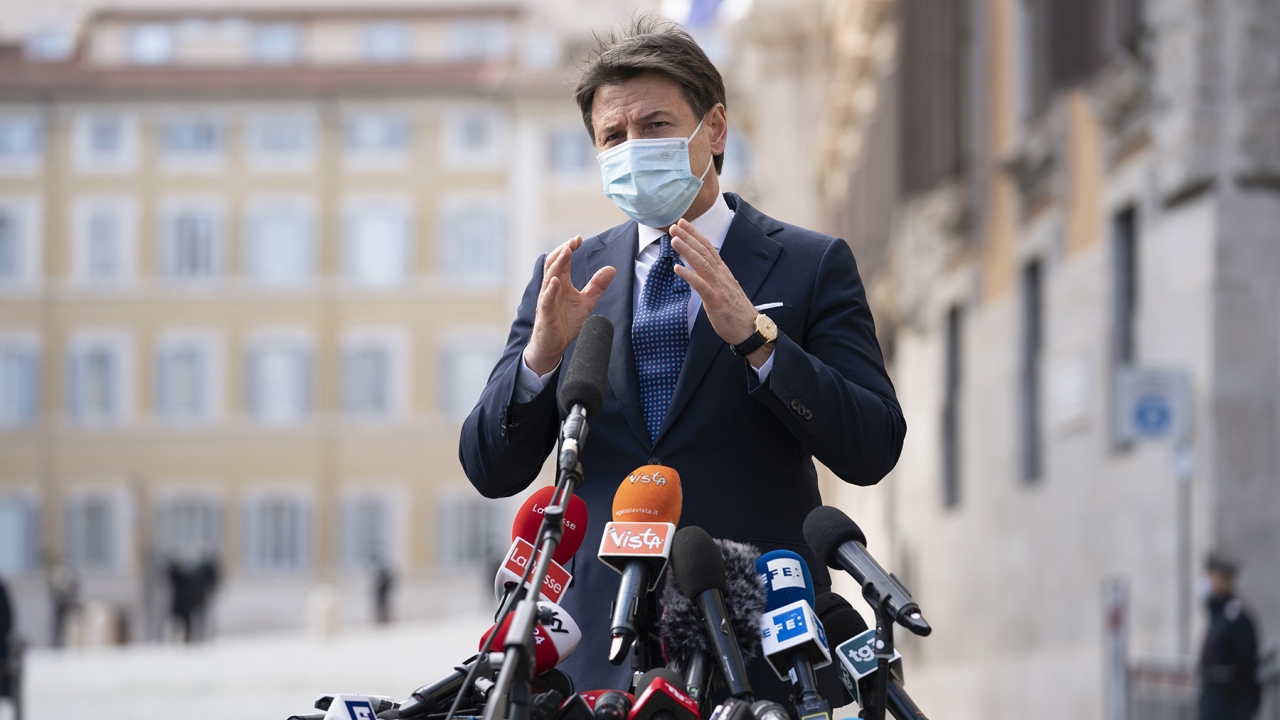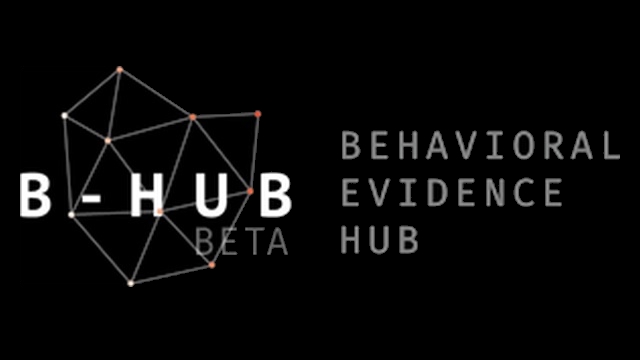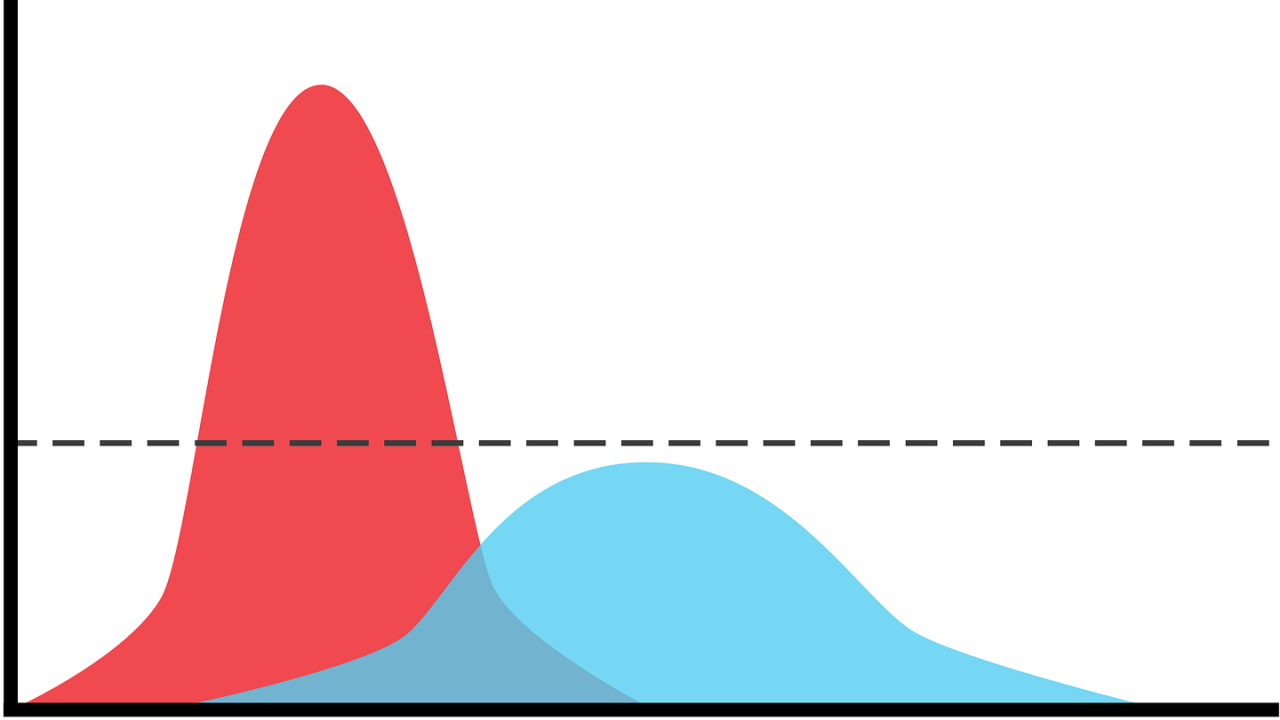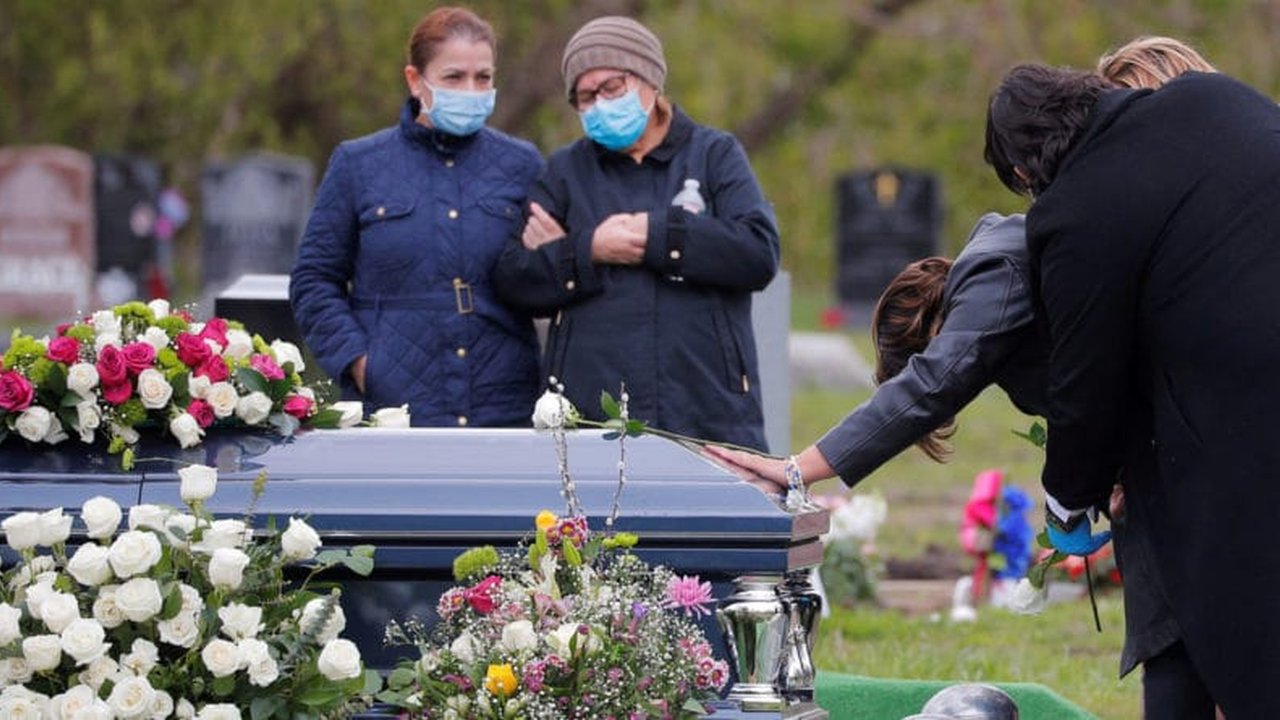
Bridging the knowledge-behaviour gap in the communication of policies during COVID-19 and other emergencies
Management and communications researchers have argued that inefficiencies in communication, especially in emergency and crisis situations such as the COVID-19 pandemic, can cause and intensify the knowledge-behaviour gap among audiences, which can then lead to inappropriate behaviours. The knowledge-behaviour gap refers to the inconsistency between what people know or might know (based on the information at their disposal), or the information they might have access to or understand, and how they act on that knowledge.
Newly published research1 from the University of Turin explores the reduction of potential knowledge-behaviour gaps through the management of over-communication (excessive, confused and uncertain information and knowledge) and under-communication (deficiencies in information and knowledge).
This is done in the context of communication during the early stages of the COVID-19 in Italy, when significant knowledge-behaviour gaps were evident. For example, amidst exponentially rising cases, some political and business figures claimed that the risk was low, and advised the public to not change their routines or restrict their activities. In another example, when the Italian prime minister announced a nationwide lockdown, streamed live on his Facebook page and broadcast on all the main national television channels, he gave reassurances that the lockdown and restrictions would not affect grocery shopping, and that supermarkets would be regularly opened and supplied. However, directly following the prime minister’s speech, shoppers created long and risky supermarket queues and left the shelves almost empty.
The research involved a longitudinal methodological approach based on the daily content analysis of communication messages spread by national and regional political institutions as well as national and regional associations, between the 31st of January and 30th of April 2020.
Three patterns
Three patterns emerged from the research that could potentially mitigate knowledge-behaviour gaps and re-establish coherent and balanced communication to manage emergencies. These patterns are time, power, and reactions based on relationships.
The researchers suggest an integrated approach incorporating the three patterns, consisting of:
- Developing synchronous communication (the timing aspect). Communications should follow a precise agenda, and when this is not done, confusion is created among the audience as a result of over-communication inefficiencies.
- Empowering the audience by segmenting the information and creating a tailored type of knowledge through the support of opinion-leader audiences such as the media or stakeholders who are more knowledgeable about the topic. This can then be used to more effectively interpret and translate technical-based knowledge (the power aspect).
- Creating a stakeholder network that can develop dialogue-based relationships and integrate institutional points of view into a common communication that leaves few spaces for free interpretation (the relationship-based reaction aspect) and, therefore, results in the creation of common knowledge.
Figure 1 shows a graphical representation of this approach.

Header image: Italian Prime Minister Giuseppe Conte makes statements to the press. Government of Italy, CC BY-NC-SA 3.0 IT.
Reference:
- Casalegno, C., Civera, C., & Cortese, D. (2020). COVID-19 in Italy and issues in the communication of politics: bridging the knowledge-behaviour gap. Knowledge Management Research & Practice, DOI: 10.1080/14778238.2020.1860664. ↩
Also published on Medium.






